Heroes left on foreign grounds
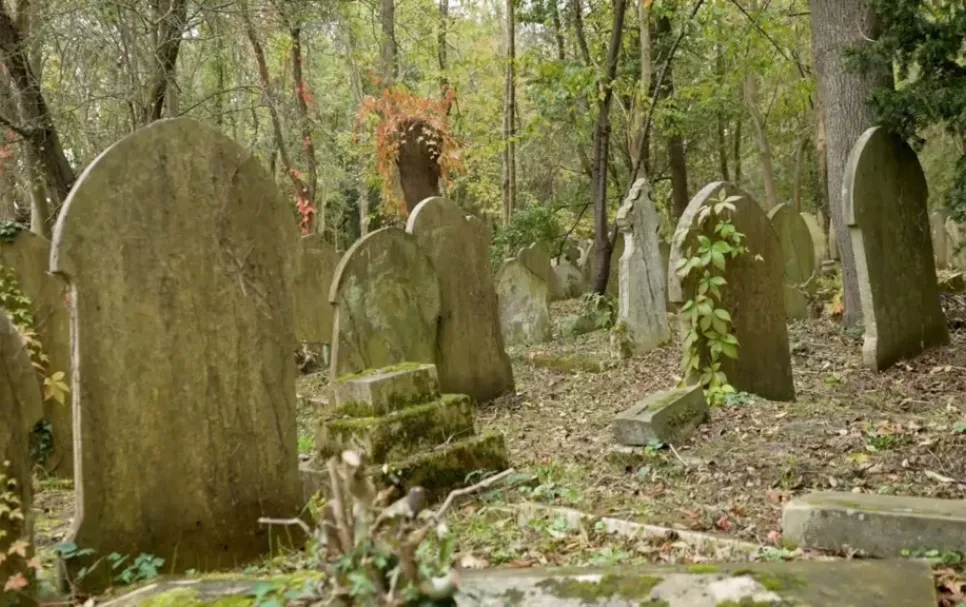
By Elvis Muraranganda
Calls are mounting for the repatriation of remains of Namibians who are buried in countries such as Angola, Zambia, Tanzania, Botswana and South Africa after losing their lives when they waged resistance against apartheid and colonial forces dating back to the 1904.
According to veterans of the Namibian armed liberation struggle which started in 1966, they buried some of their comrades in foreign countries when they fled into exile including those who died before and during the 4 May 1978 Cassinga Massacre and the battle of Cuito Cuanavale fought intermittently between 14 August 1987 and 23 March 1988 in Angola.
Reportedly, following these devastating clashes, Cuba repatriated the remains of over 2,000 of their soldiers in December 1989 during a major national ceremony known as "Operation Tribute". This is recorded to have been a one-time, large-scale event after the end of Cuba's military involvement in Angola and Namibia. In 2014, the Namibian government repatriated the remains of seven Namibians, who died in exile in Angola and Zambia during the struggle for independence, including Peter Nanyemba who were reburied at the Heroes Acre.
At the time, then head of State Hifikepunye Pohamba said government has recognised that this is a major challenge because many of the compatriots and freedom fighters who lost their lives during the struggle are buried in unmarked graves in Namibia and in countries such as Angola, Botswana, South Africa, Zambia and Tanzania.
However, speaking to Confidente on condition of anonymity recently, some the survivors who fought alongside Namibian and their family members are now calling on government to prioritize the repartriation of their remains at a larger scale.
“Those of us who know where they are buried are dying and there will be no one left to identify their burial sites. Their souls are lingering in despair in foreign graves, yearning for the day their spirits touch home in a place for which their blood waters freedom,” said one veteran.
“Cuba took her soldiers home. South Africa is busy with a continuous programme to do so. It is only our own brothers and sisters who are left far from their homes. The future generations will never know of them and their selflessness,” they added.
Another veteran said: “It is about closure to the families as well. It is not about repatriating and reburial at a government level alone. There are families who still have open wounds for having not said goodbye to their loved ones in a dignified manner.”
SOLIDARITY
Adding voice to the call Swanu of Namibia leader and parliamentarian Evilastus Kaaronda noted that his party has been on the forefront of making similar demands in the past.
“We stand by those demands but would also call for measures to compensate the families as well as an explanation from SWAPO Party as the organisation recognized then as the sole and authentic representative of the Namibian people. Records of how these Namibians who died must also be disclosed to the families and the Namibian people. These Namibians must be memorialised and remembered as people whose desire was the total liberation of their motherland,” said Kaaronda.
Political analyst Phanuel Kaapama is of the opinion that the graves of Namibians in the diaspora are a lot and not only in a few countries.
“There are also unmarked graves and unknown soldiers even in the country. Many soldiers are not known where they are. For Namibia, to do anything we need to establish whether there are records. of these Namibians” explained Kaapama.
“One needs to know the magnitude. SWAPO needs to shed light about the number of graves out there and the entire exercise needs to be costed. I see that in other countries, they created shrines to remember their fallen heroes,” he added.
Kaapama added that the Second National Land Conference of 2018 passed a resolution addressing the plight of the victims of the colonial war and the genocide. Meanwhile, former Namibian Defence Force commander and ex-PLAN combatant, retired Lieutenant General Martin Shalli said: “There is already a programme that is ongoing and that is why you saw the return of the remains of Nanyemba and others. There are procedures to be followed before you go into another country and start digging.”
The Ministry of Defence and Veterans Affairs did not responds to questions sent to them about three weeks ago, despite repeated promises to do so before going to print.
- 119 views


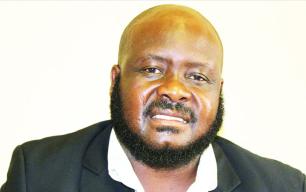
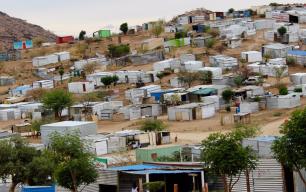

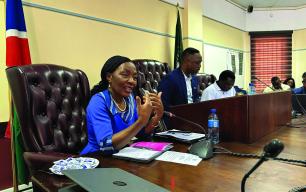
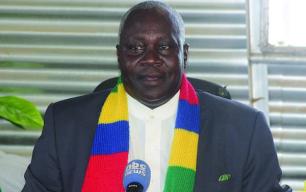
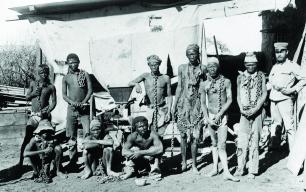
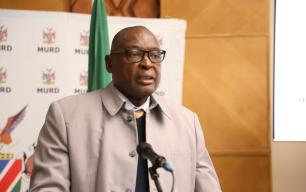
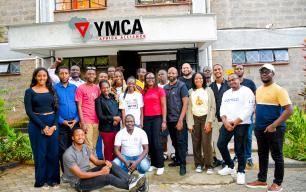
Comments